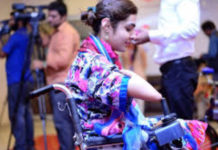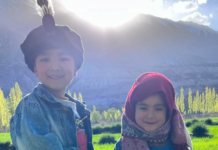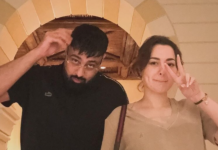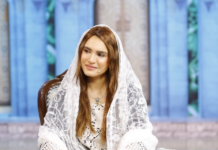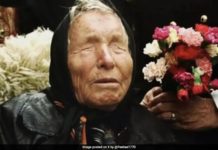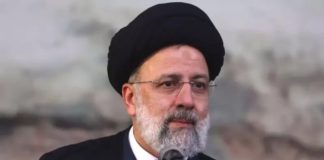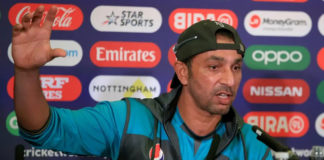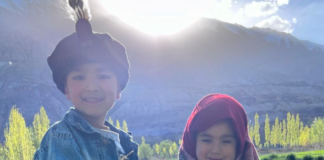According to statistics, 1000 cases of honour killings are reported yearly in Pakistan – the actual number is of course much bigger. Sharmeen Obaid’ s Oscar-winning documentary ‘A Girl in the River: the Price of Forgiveness’ takes us through the riveting story of a young 19-year-old girl Saba who is shot by her father in the name of honour, dumped into a river by him and her uncle and then miraculously survives to tell her tale.
It is a story of bravery, courage and guts that bring to light the practice of honour killings that is an easily accepted norm in many parts of our country where those committing the offense do not view this murder as a heinous crime that should be punishable by law.

Saba’s only crime is that she wanted to marry of her own choice, a right that Islam gives her as a woman, however, her father wants to marry her elsewhere against her will.
Watch the trailer here:
Despite her efforts, her father remains unconvinced of her choice and to avoid a forced betrothal to someone else, she marries in court and returns home. Discovering this the father feels betrayed and humiliated at the hands of a disobedient daughter.

He foresees that he would suffer dishonour in his community and that his other daughters would not get marriage proposals either.He proceeds to take the law into his own hands shooting his daughter and dumping her in the river with the help of his brother. His neighbours and community respect him for this and for being a man of honour – a completely misplaced sense of morality where it is acceptable to commit murder.
Saba survives and is at the end, pressured by the community to forgive her father who is allowed to walk free still proud of his murderous act. One can’t help but wonder if gaining media attention through the film saved Saba from a second attack by her father who may have tried his luck again.

This film that has been the subject of much national discourse moves you out of your comfort zone, forcing you to see a disturbing reality. Whilst some may hold the opinion that the film shows a negative side of Pakistan, there are also many aspects that are positive. It is comforting to see a doting and caring husband as opposed to a murderous father.
You see Pakistan’s social services doing their job even in a small village where a doctor comes to her rescue and a policeman who provides protection stating that a great injustice was done to her, as murder is a crime no matter what the circumstances. The first lawyer that takes Saba’s case educates her about her rights and her husband’s family welcome her with open arms as one of their own. Saba herself is heroic in her courage and determination.
The film was first shown to the Prime minister who stated “ there is no place for honour killings in Islam “ and that he would work towards having a law passed condemning it as a crime punishable by law.
This in itself is a huge positive outcome. Having seen the film you realise that the perpetrator of this crime needs to go to jail or else this will continue to happen. There is a need for a change in the attitude of society that accepts this crime in the name of honour, which may come through education in Islamic law that does not allow for this.
‘Pakistan’s Biggest Strength Is Its Women’ Says Sharmeen Obaid Chinoy
It brings to light the injustices that many women suffer in a society that at times displays a misogynistic attitude.
I was lucky to have been part of the first public viewing of the film and would highly recommend it.
In a question and answer session that followed Sharmeen brought to our notice the fact that 5 more honour killings had been committed after the release of the film. As the two-time, Oscar winner states ‘we need to shake the status quo”.
This can only happen if we face reality rather than walk away from it. She mentions in a press conference earlier that in a progressive society people discuss things and from this stems change for the better. We are left feeling a sense of responsibility and the need to play a role in whatever way we can to make things better.
Film Credits:
Edited By Geof Bartz, A.C.E.
Music By Wendy Blackstone and Gunnard Doboze
Co-Produced By Haya Fatima Iqbal
Camera By Asad Faruqi, Nadir Siddiqui, Khurram Victor, Haider Ali, Adrian Permal, Cyrus Viccaji and Mohammad Kashif
Senior Producer Lisa Heller
Executive Producer Tina Brown and Sheila Nevins
Produced By Sharmeen Obaid-Chinoy
Directed By Sharmeen Obaid-Chinoy
Sound By Nadir Siddiqui and Jasir Abro



